 WASHINGTON – A civil complaint was filed today, Monday, March 21, in the U.S. District Court for Kansas against Native American Enterprises LLC, of Wichita, Kansas; its Vice President and part-owner, William N. McGreevy and is production manager, Robert C. Conner, to stop the distribution of adulterated food, the Department of Justice announced today.
WASHINGTON – A civil complaint was filed today, Monday, March 21, in the U.S. District Court for Kansas against Native American Enterprises LLC, of Wichita, Kansas; its Vice President and part-owner, William N. McGreevy and is production manager, Robert C. Conner, to stop the distribution of adulterated food, the Department of Justice announced today.
Native American Enterprises LLC (NAE), manufactures and distributes food, namely ready-to-eat (RTE) refried beans and sauces. The complaint alleges that the company’s RTE refried beans and sauces are adulterated in that they have been prepared, packed and/or held under insanitary conditions whereby the food may have become contaminated with filth or have been rendered injurious to health. According to the complaint, the insanitary conditions include the presence of Listeria Monocytogene (L. mono) in NAE’s facility and insanitary employee practices. The department filed the complaint at the request of the U.S. Food and Drug Administration (FDA).
“Insanitary conditions at food processing facilities can present significant risks to consumers and food manufacturers must take steps to minimize those risks,” said Principal Deputy Assistant Attorney General Benjamin C. Mizer, head of the Justice Department’s Civil Division. “The Department of Justice will continue to work aggressively with the FDA to combat and deter conduct that leads to the distribution of adulterated food to consumers.”
According to the complaint, FDA inspected NAE’s facility, located at 230 N. West Street in Wichita, in August 2015 and collected environmental samples and observed numerous insanitary practices, including the defendants’ failure to manufacture and package food under conditions necessary to minimize microorganism growth, take necessary precautions to protect against contamination and maintain buildings in good repair. Specifically, according to the complaint, FDA observed rain water leaking through the roof in the packaging room, directly above where NAE employees packaged RTE refried beans. In addition, FDA observed cracks and holes in the walls and floor junctures that allow water and debris to collect, prohibit adequate cleaning and could harbor Listeria, according to the complaint.
FDA inspected NAE’s facility twice in 2014. As alleged in the complaint, FDA collected environmental samples during RTE refried bean production during each of the 2014 inspections and found Listeria in the facility. In addition, as alleged in the complaint, FDA also observed a failure to maintain equipment in an acceptable condition through appropriate cleaning and sanitizing.
As alleged in the complaint, L. mono thrives in moist environments, such as food-manufacturing environments. Unless proper precautions are taken, L. mono may become established and grow, and it is difficult to eliminate once it becomes established in a food-manufacturing environment. It is capable of surviving and growing at refrigerated temperatures and in high-salt environments. The complaint alleges that L. mono is a significant public health risk in RTE refried beans and sauces.
The government is represented by Trial Attorney Heide L. Herrmann of the Civil Division’s Consumer Protection Branch and Assistant U.S. Attorney Emily Metzger of the U.S. Attorney’s Office for the District of Kansas, with the assistance of Associate Chief Counsel for Enforcement Sonia W. Nath of the Food and Drug Division, Office of General Counsel, Department of Health and Human Services.
A complaint is merely a set of allegations that, if the case were to proceed to trial, the government would need to prove by a preponderance of the evidence.
Read the complaint here: NAE Complaint
 KDWPT
KDWPT
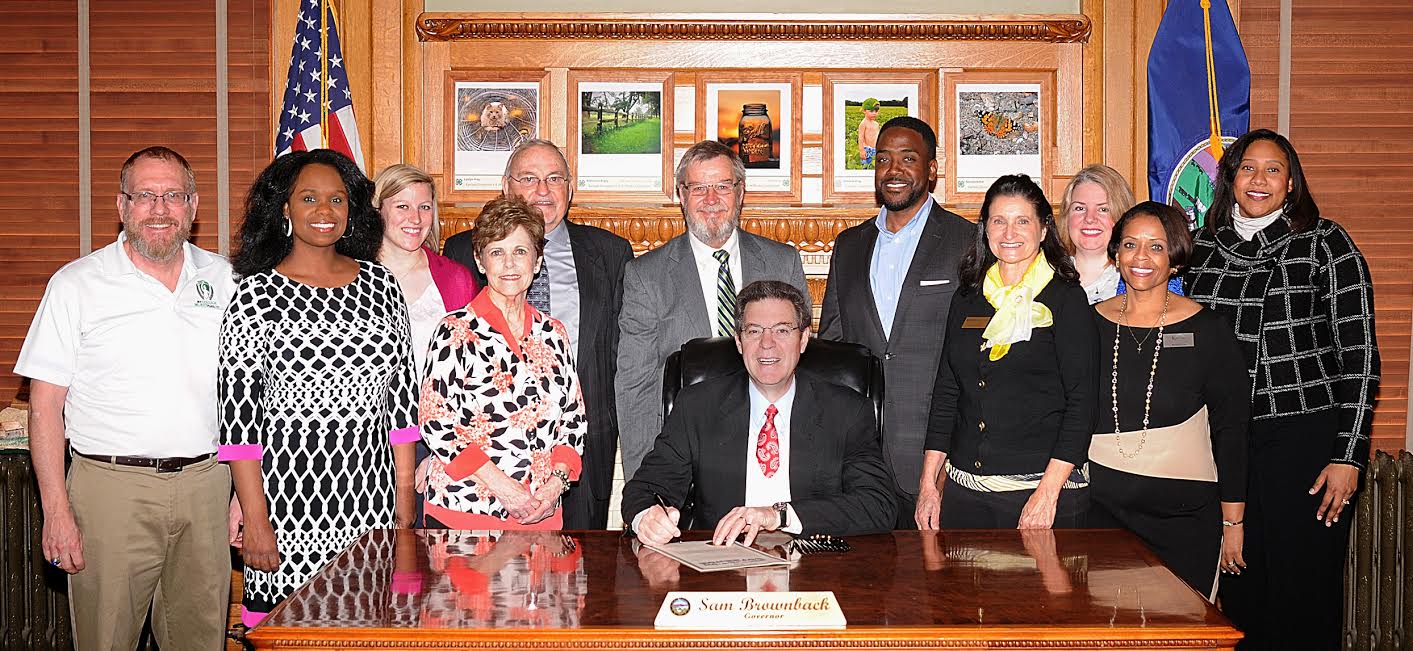



 KDA
KDA
 OFFICE OF THE GOVERNOR
OFFICE OF THE GOVERNOR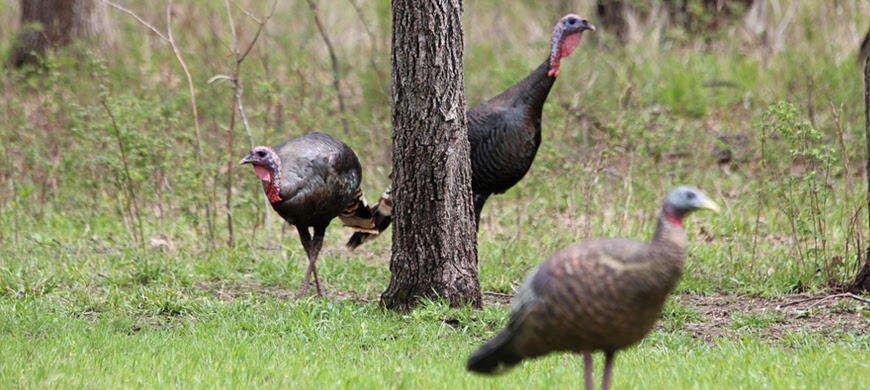
 KDWPT
KDWPT
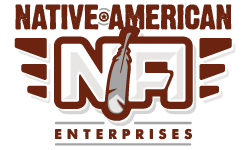
 WASHINGTON – A civil complaint was filed today, Monday, March 21, in the U.S. District Court for Kansas against Native American Enterprises LLC, of Wichita, Kansas; its Vice President and part-owner, William N. McGreevy and is production manager, Robert C. Conner, to stop the distribution of adulterated food, the Department of Justice announced today.
WASHINGTON – A civil complaint was filed today, Monday, March 21, in the U.S. District Court for Kansas against Native American Enterprises LLC, of Wichita, Kansas; its Vice President and part-owner, William N. McGreevy and is production manager, Robert C. Conner, to stop the distribution of adulterated food, the Department of Justice announced today.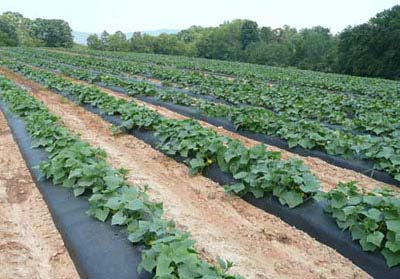
 KDA
KDA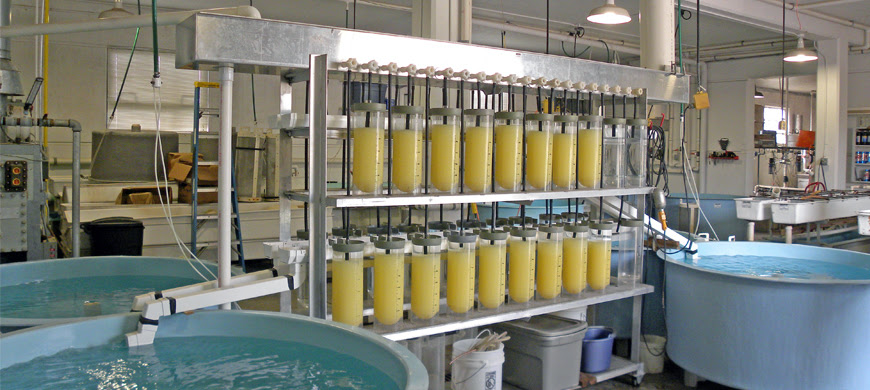
 KDWPT
KDWPT
 EPA
EPA
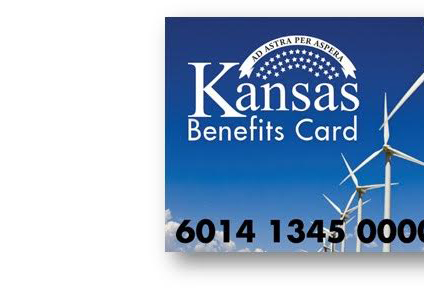
 DCF
DCF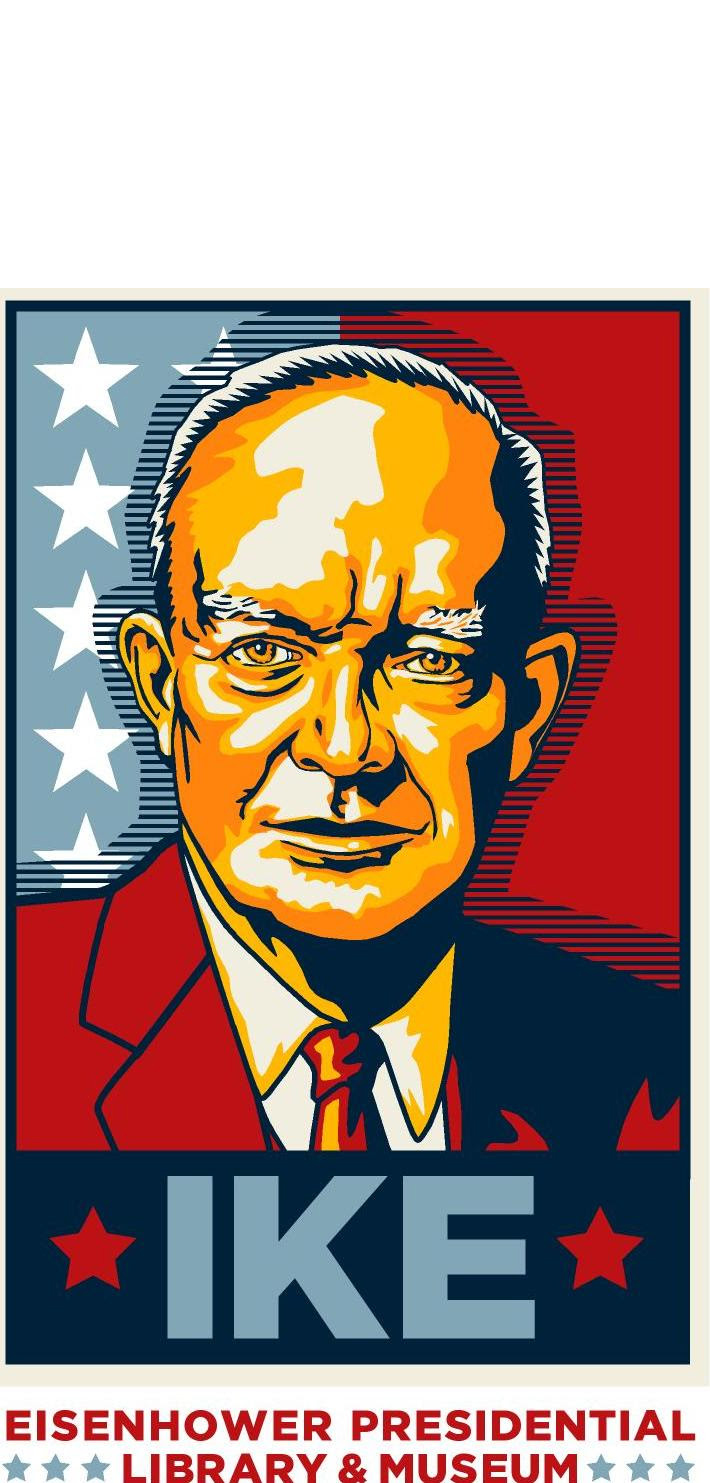
 ABILENE – The first in a series of Kansas Town Hall programs focusing on election year issues, “We the People: Civic Education in Kansas,” will be held Tue., March 22, in the Visitors Center of the Eisenhower Presidential Library, Museum and Boyhood Home, Abilene.
ABILENE – The first in a series of Kansas Town Hall programs focusing on election year issues, “We the People: Civic Education in Kansas,” will be held Tue., March 22, in the Visitors Center of the Eisenhower Presidential Library, Museum and Boyhood Home, Abilene.